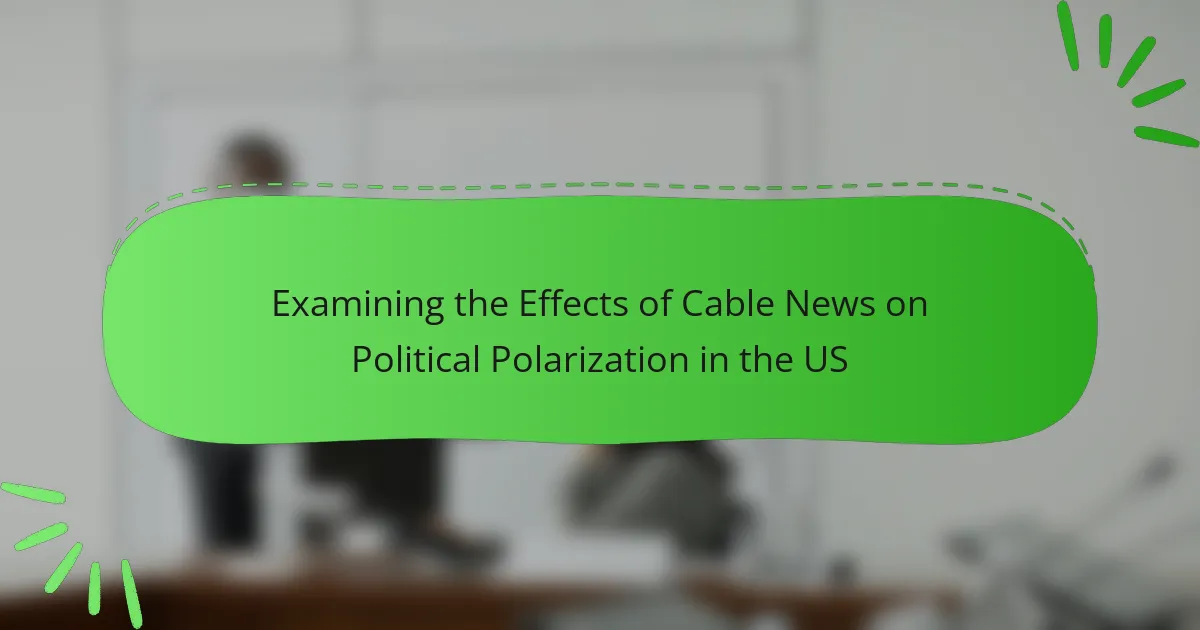Cable news plays a significant role in contributing to political polarization in the United States. It often presents biased narratives that reinforce viewers’ existing beliefs and preferences, leading to selective exposure to channels that align with their political views. This selective viewing creates echo chambers, intensifying divisions among the audience. Research, including studies from the […]
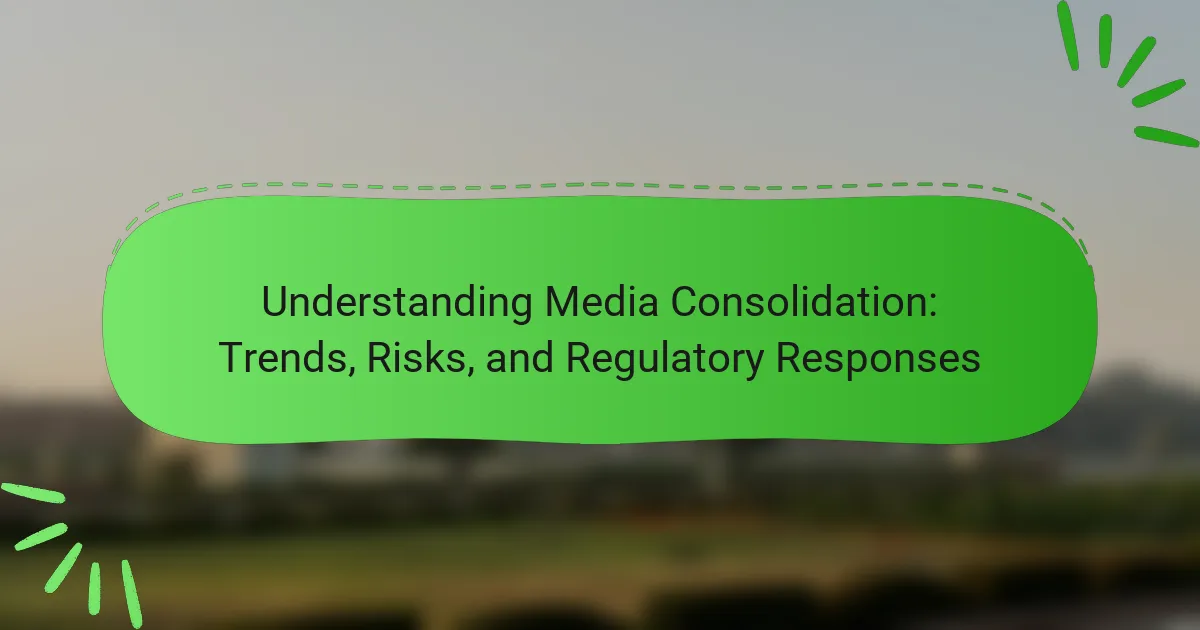
Understanding Media Consolidation: Trends, Risks, and Regulatory Responses
Media consolidation is the process in which a small number of large companies own multiple media outlets, leading to reduced diversity of viewpoints and content. This trend can result in monopolistic control over information dissemination, limiting competition and the quality of journalism. The Telecommunications Act of 1996 in the United States significantly accelerated this consolidation, […]
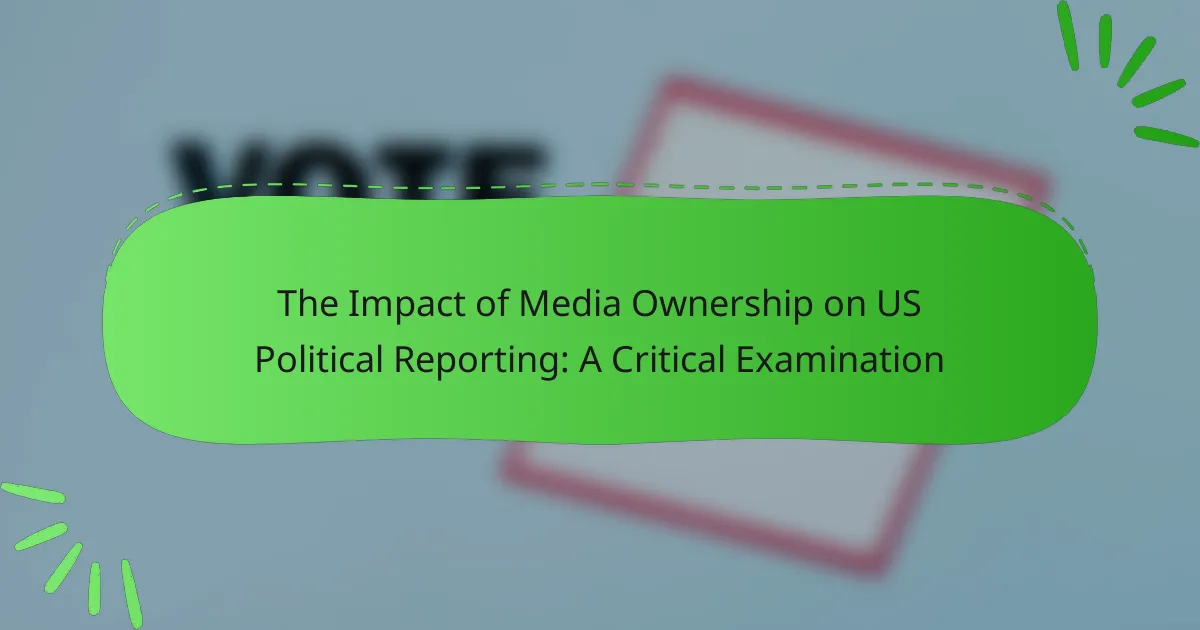
The Impact of Media Ownership on US Political Reporting: A Critical Examination
Media ownership refers to the control and influence exerted by corporations over news outlets and their content. This article critically examines how concentrated media ownership affects political reporting in the United States. It highlights the historical shift from diverse local media to significant consolidation, particularly after the Telecommunications Act of 1996. The piece discusses the […]
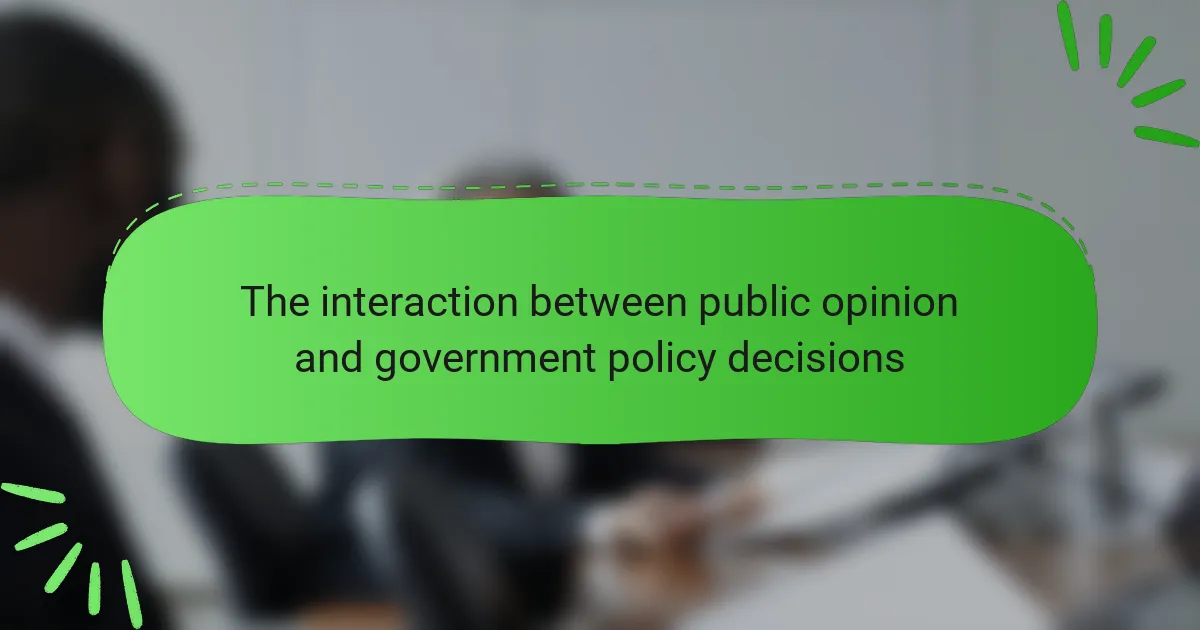
The interaction between public opinion and government policy decisions
Public opinion plays a crucial role in shaping government policy decisions. Policymakers utilize various methods, such as surveys, polls, and social media analysis, to gauge public sentiment and adjust their strategies accordingly. High public support can expedite the enactment of legislation, while strong opposition can lead to delays or rejections. The article examines the dynamic […]
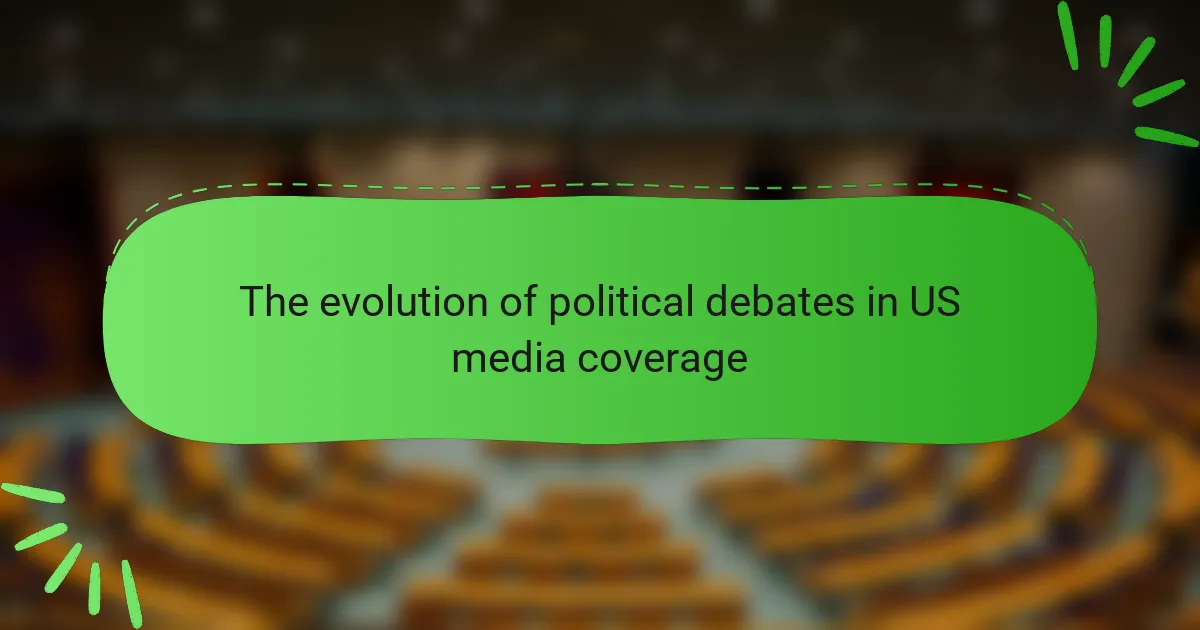
The evolution of political debates in US media coverage
The article focuses on the evolution of political debates in US media coverage, highlighting key historical milestones and technological advancements. It begins with the early days of debates, which were primarily broadcasted via radio and local newspapers, and emphasizes the significance of the first televised debate in 1960 between John F. Kennedy and Richard Nixon. […]
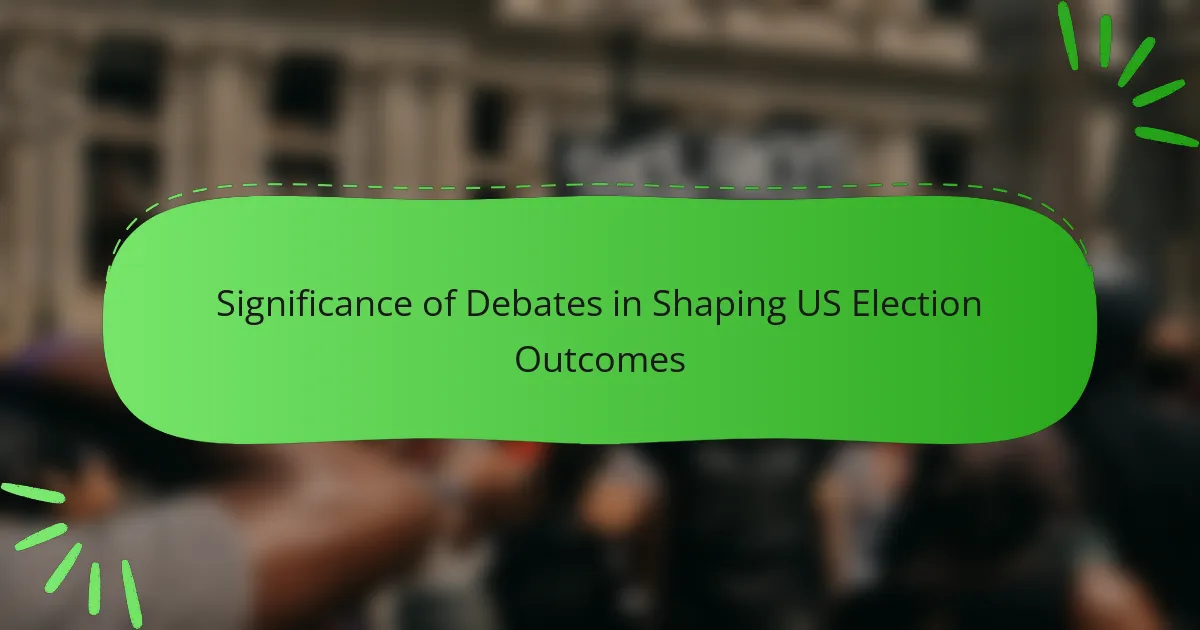
Significance of Debates in Shaping US Election Outcomes
Debates are a crucial component in shaping the outcomes of US elections by influencing public perception of candidates. They serve as platforms for candidates to articulate their policies and engage with opponents, which can sway undecided voters and solidify the views of their supporters. Historical examples, such as the 1984 Reagan-Mondale debate, demonstrate that debates […]
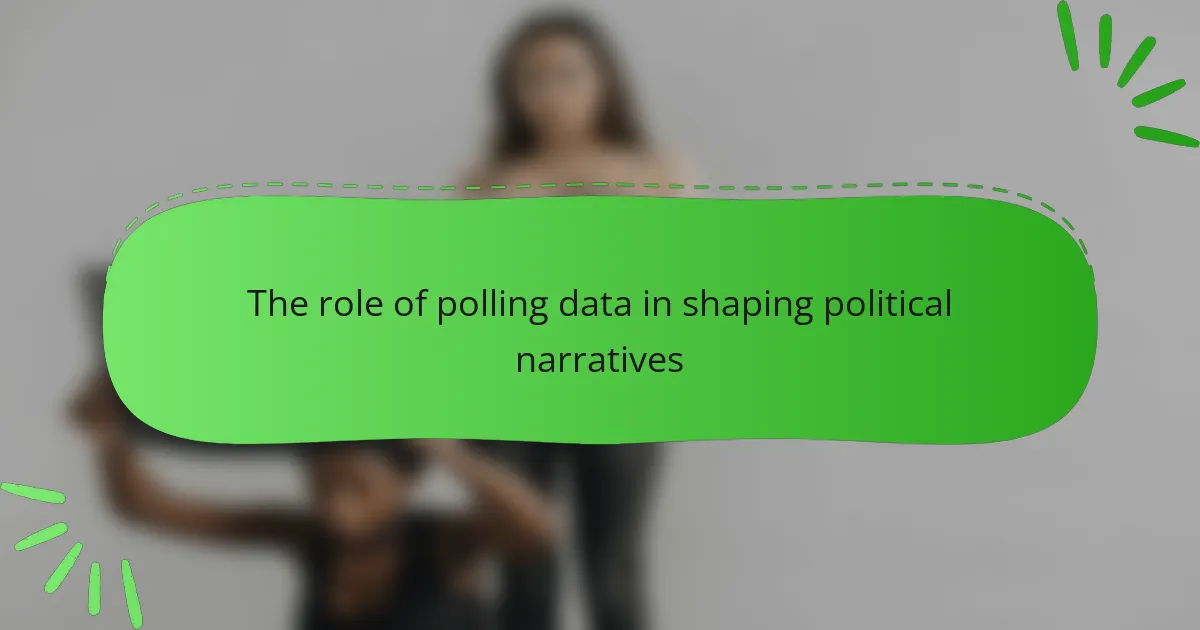
The role of polling data in shaping political narratives
Polling data is a key entity that significantly influences political narratives by providing insights into public opinion and voter preferences. This data is utilized by politicians and political parties to customize their messages and focus on issues that resonate with voters, such as healthcare. Additionally, polling results shape media coverage and public discourse, creating perceptions […]
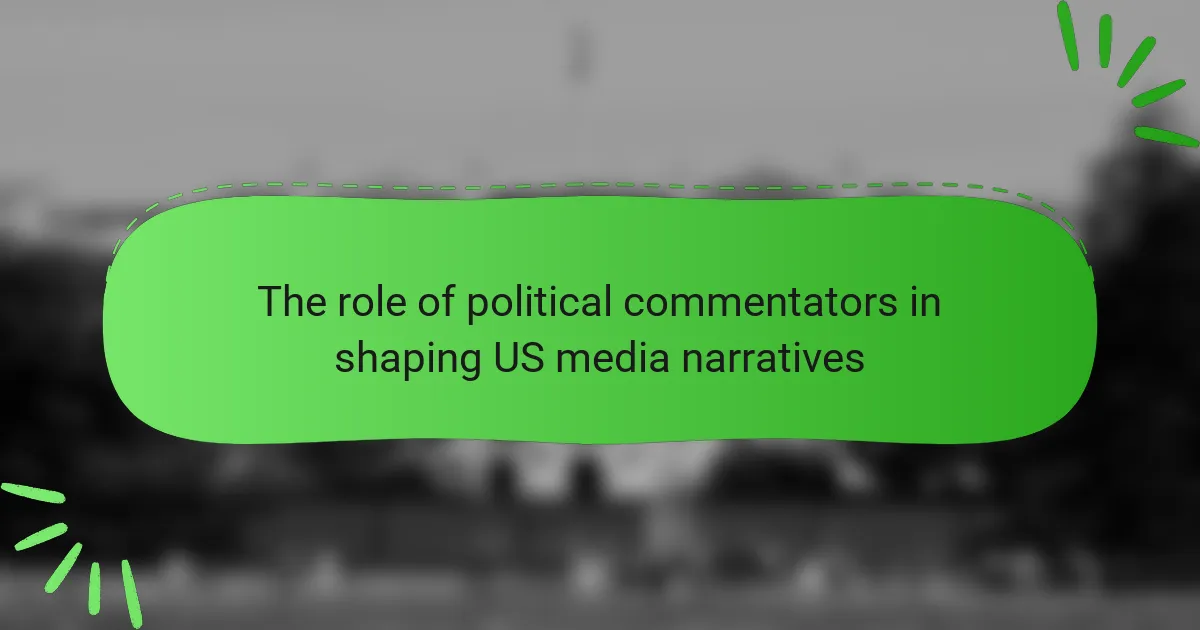
The role of political commentators in shaping US media narratives
Political commentators are influential figures in the United States who analyze and interpret political events and policies, shaping media narratives and public discourse. Their opinions significantly affect how news is perceived, as they provide context that can frame audience understanding. By selectively emphasizing certain viewpoints, commentators can sway public beliefs and attitudes, often leading to […]
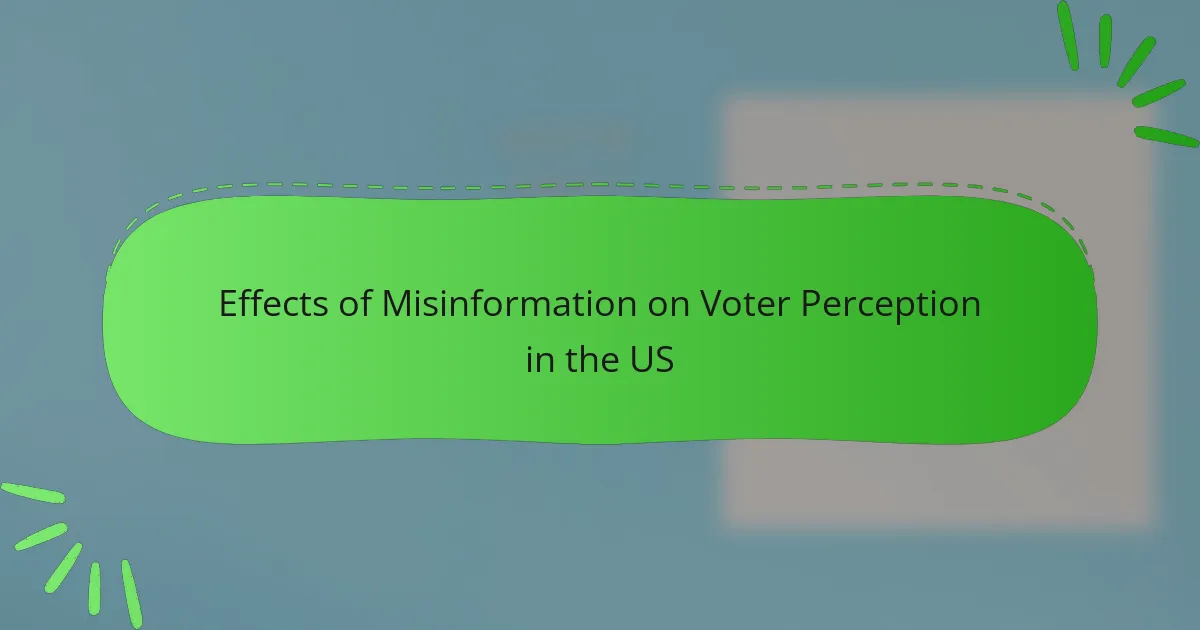
Effects of Misinformation on Voter Perception in the US
Misinformation is a significant factor influencing voter perception in the United States, leading to confusion about candidates and policies, and distorting electoral outcomes. Research indicates that misinformation can decrease voter turnout and polarize public opinion on critical issues, with 64% of Americans acknowledging its impact on their political views. Various mechanisms, including social media, word […]
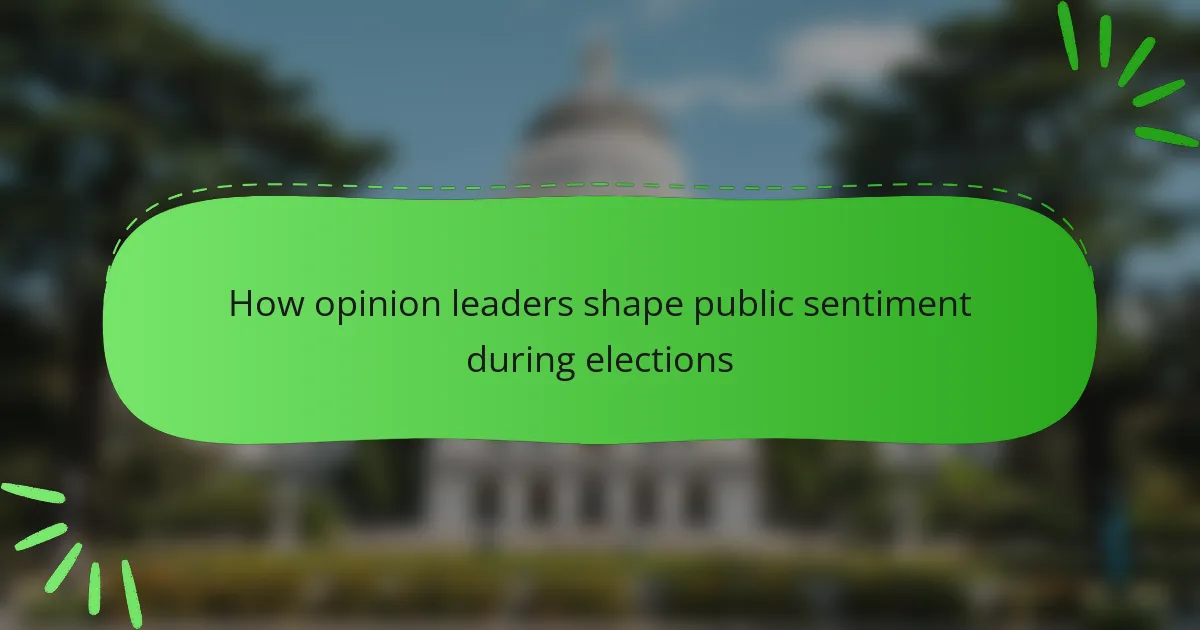
How opinion leaders shape public sentiment during elections
Opinion leaders are individuals who influence public sentiment during elections by shaping perceptions and guiding opinions within their communities. They possess credibility and expertise, allowing them to amplify messages from political candidates and parties. Various types of opinion leaders, including political activists, media personalities, and community leaders, play significant roles in mobilizing voters and shaping […]
